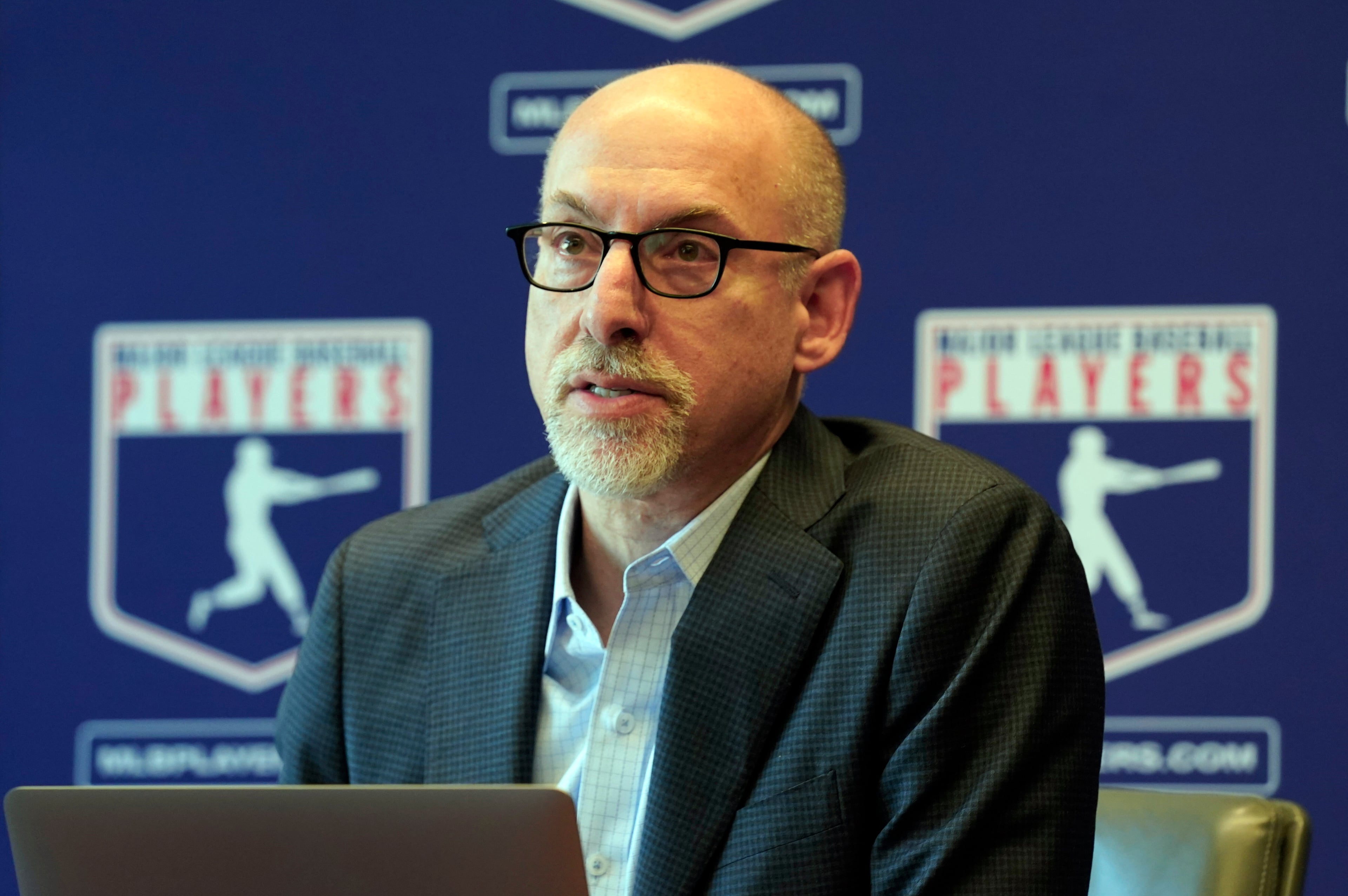Mike Check: NBA's superstar era isn't over

During San Antonio’s victory over the Heat in Game 4 of the Finals, television analyst/former player/recently-fired coach Mark Jackson opined on how other teams can follow the Spurs model to championship contention:
“People ask, How can you copy the Spurs? You can’t. You’ve got to have the heart and the commitment and the buy-in from the top of the roster to the bottom.”
All of that helps, but what you really need to win a championship is elite NBA talent on your roster. That should seem pretty obvious on its face but it needs to be said as the silly Selfless Spurs beat Selfish Superstars narrative begins to take hold.
The storyline that’s emerged after the Spurs beat the Heat in five games to capture the NBA title is that San Antonio’s teamwork vanquished Miami’s star power. It says that the so-called “Big Three” era the Heat started, with stars joining forces to win championships, is over now because a real team (San Antonio) vanquished a superstar (LeBron James) and his withering supporting cast.
Make no mistake: LeBron James is the most talented individual in the NBA.
But if the Spurs' thorough dismantling of the Heat in this Finals proves anything it's that no one man, no two men, no three men are any match for a full roster of committed individuals with a common purpose driven by an uncommon coach.
Such an analysis ignore the fact that Heat's assist ratio (percentage of a team's possession that end in an assist) this season ranked tied for fourth in the league, not far behind the Spurs, so the Heat are hardly a selfish, isolation-heavy team. Also, Duncan may not be able to put in 40 elite-level minutes at age 38 but he showed during the playoffs that he still can pick his spots to be a factor.
More importantly, the Spurs-Heat narrative does not acknowledge that San Antonio's star profile is the same as every NBA champion except a handful in the history of the league. The Spurs needed a star just like 93 percent of the champions before them.
There have been 64 NBA championship teams since 1950, and 59 of those champions had at least one player voted to one of the top two five-man All-NBA teams in the year they won it. Only 10 of 64 Finals runners-up failed didn’t have at least one first- or second-team All-NBA player.
Further, just 16 of those 64 NBA champions failed to place at least one player on the All-NBA first team. That includes this year’s Spurs, whose lone All-NBA player, Tony Parker, was voted to the second team.
Parker is a superb player. Even while limited by a bothersome hamstring through the playoffs, Parker showed his scoring instincts and play-making ability are still at an elite level. He's the superstar that makes San Antonio's blue-collar crew of role players rise above their station.
The Spurs are somewhat an outlier among NBA champions in that they don’t have a top five player, but not as much as the finals narrative suggests. They have the commitment and buy-in that Jackson talked about but they also have Parker, and the history of the league suggests that it’s almost necessary to have at least one player as good him or even better two.
It's been that way both before and after the NBA's modern salary-cap era (since 1984) and the addition of unrestricted free agency (starting in 1988). It will continue to be that way as long as there are just a handful of elite talents in the NBA at any one time.
Those kind of players are not easy get, of course. There have been trades for top 10 players in the modern era: Julius Erving, Tiny Archibald, Moses Malone, Scottie Pippen, Charles Barkley, Penny Hardaway, Dikembe Mutombo, Jason Kidd and Kobe Bryant all were acquired in that way.
But the “best” way is to be bad enough to get in the draft lottery, and then lucky enough to get a top pick in a year in which a potential franchise player is available. Identifying those players isn’t always easy and, even then, it takes some luck (see Greg Oden vs. Kevin Durant).
That’s how the Spurs ended up with Duncan. That required an injury to David Robinson (himself an elite player) so they could be bad enough to get in the draft lottery in the year that Duncan was available. Then they had to win the lottery. The rest is history.
Congrats to the Spurs on winning their fifth title of the Duncan era. That doesn’t mean the superstar era of the NBA is over. It never will be.



